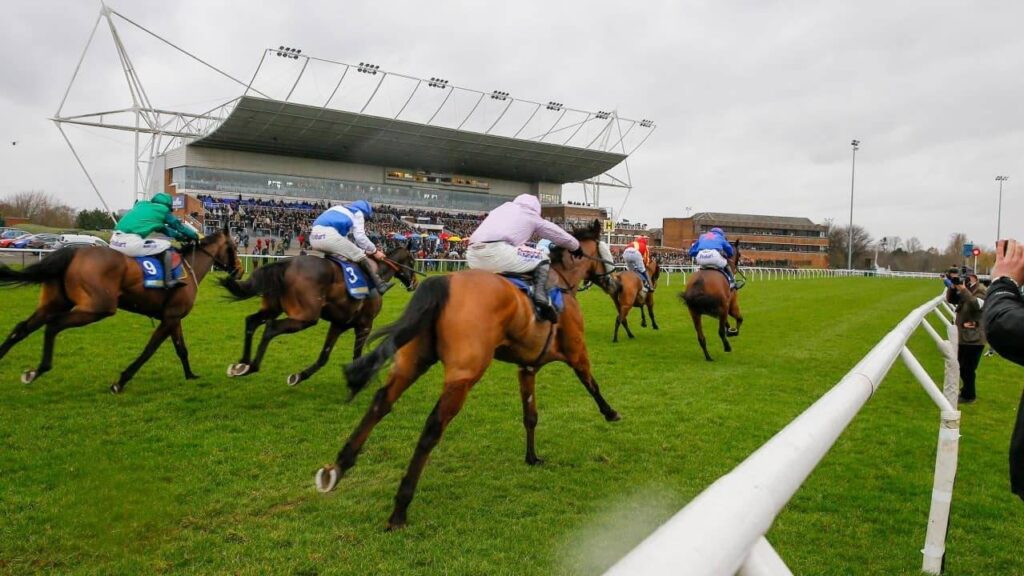British horse racing will come to a standstill on 10 September as the sport stages a coordinated strike in protest against the government’s planned rise in betting tax. All scheduled meetings at Uttoxeter, Lingfield, Kempton, and Carlisle have been cancelled, an unprecedented move that underscores the depth of opposition within the industry.
The disruption is expected to cost the sport around £700,000 in lost revenues. Racing authorities and course operators have united in opposition to the Treasury’s proposal to align the duty on sports betting with that charged on gaming products such as roulette and online slots. Currently, betting duty is set at 15% of operators’ gross profits, plus an additional 10% levy on UK racing, while gaming duty stands at 21%. The government’s plan would raise the betting rate to match that of gaming.
Industry leaders fear this tax harmonisation would make sports betting less attractive to gambling operators, potentially reducing the flow of funds into racing. The levy, which has long supported the sport by channeling a share of betting profits back into racing, could also be undermined if operators shift focus to higher-margin gaming products.
Racing stakeholders argue that the sport’s future and thousands of jobs are at risk if the changes go ahead. They stress that horse racing, Britain’s second-largest spectator sport, is already under financial pressure from declining attendances and stiff competition for leisure spending. A higher tax burden could accelerate the decline and weaken the sport’s ability to sustain prize money, training facilities, and employment across rural communities.
Alternative proposals have been suggested, including differentiated tax rates that increase gaming duty more sharply while keeping sports betting at a lower level, ensuring racing is not disadvantaged. Critics of the government’s plan argue that equating betting with gaming ignores the fundamental differences between the two, with sports betting carrying more uncertainty and lacking the guaranteed margins of casino-style products.
The protest date falls just one day before the prestigious St Leger Festival at Doncaster, a symbolic moment designed to maximize political and public attention. While the cancelled races are expected to be rescheduled, the message from the industry is clear: without reconsideration of the tax proposals, British racing believes its future could be seriously imperiled.

